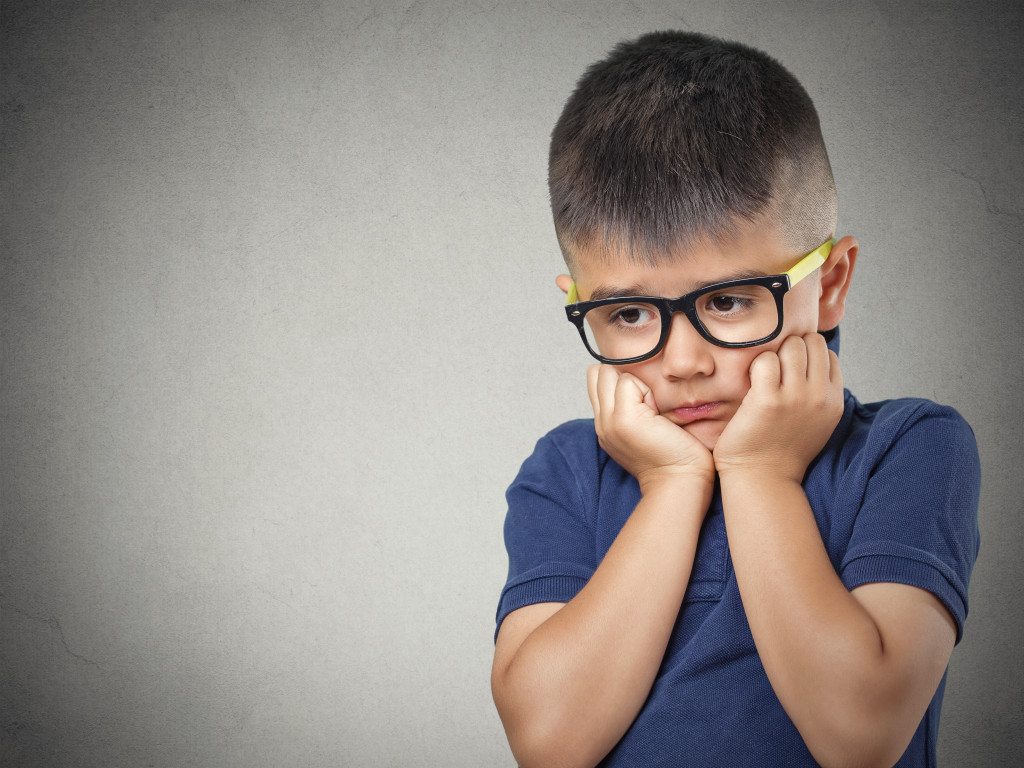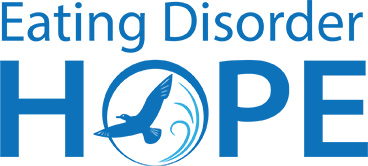- Calls to this hotline are currently being directed to Within Health, Fay or Eating Disorder Solutions
- Representatives are standing by 24/7 to help answer your questions
- All calls are confidential and HIPAA compliant
- There is no obligation or cost to call
- Eating Disorder Hope does not receive any commissions or fees dependent upon which provider you select
- Additional treatment providers are located on our directory or samhsa.gov
Child Abuse by Parents: The Consequences

Abuse in Families
While any form of abuse within families is detrimental and harmful, parental abuse can be dangerous, traumatic, and perhaps go under noticed. Parental abuse can take the form of physical neglect and abandonment to emotional exploitation, mistreatment, or manipulation.
Parental abuse is typically inflicted by a child, teenage or adult, or by a individual who has been entrusted with guardianship or care of an adult. Conflict between parents and child is relatively normal, however abuse is not. What are warning signs of parental abuse?
Parental abuse may include but is not limited to the following warning signs:
- Increasing or escalating patters of violence: Children may exhibit bouts or anger or displays of frustration, such as throwing a fit, slamming doors, etc. However, if anger episodes become violent by nature, or are directed at harming an adult, such as destroying property, throwing objects directly at a person, hitting objects near a parent or violating personal boundaries, this can become part of abusive behavior.
- Severe defiance and rebellion: Children will often go through periods in which they test boundaries and limitations. However, if a child is defying rules that are set in place by a parent without fear or consequence, this can lead to a dangerous position. When children lose respect for their parents and begin defying authority, this can escalate to further complications in the parent-adult relationship. If violence is combined with defiance, this can also become part of parental abuse.
- Intimidation: If a child is ever threatening or engaging in destructive behaviors with intention of intimidating, this can also become abusive to parents. This can include verbal threats and emotional abuse.
 Parental abuse can violate a person’s well being and create damaging rifts within relationships and family units.
Parental abuse can violate a person’s well being and create damaging rifts within relationships and family units.
Trauma that may result from parental abuse can also lead to the development of mental illness, such as post-traumatic stress disorder, anxiety disorders, chronic depression or eating disorders, such as anorexia nervosa, bulimia nervosa, or binge eating disorder. These disorders can further complicate a person’s health and severely impact physicality, emotionality, and spiritually.
Healing begins be speaking out about harmful relationships. If you or a loved one has suffered parental abuse, connect with professional treatment to begin your healing process today.
“Pregnancy, Postpartum & Eating Disorder Recovery”
 Crystal Karges, MS, RDN, IBCLC
Crystal Karges, MS, RDN, IBCLC
Crystal Karges, MS, RDN, IBCLC is a Masters-level Registered Dietitian Nutritionist (RDN) with a specialty focus in eating disorders, maternal/child health and wellness, and intuitive eating. Combining clinical experience with a love of social media and writing. As a Certified Intuitive Eating Counselor, Crystal has dedicated her career to helping others establish a healthy relationship with food and body through her work with EDH and nutrition private practice.
The opinions and views of our guest contributors are shared to provide a broad perspective of eating disorders. These are not necessarily the views of Eating Disorder Hope, but an effort to offer a discussion of various issues by different concerned individuals.
We at Eating Disorder Hope understand that eating disorders result from a combination of environmental and genetic factors. If you or a loved one are suffering from an eating disorder, please know that there is hope for you, and seek immediate professional help.
Published on May 23, 2015.
Reviewed & Approved on February 8, 2019, by Jacquelyn Ekern MS, LPC
Published on EatingDisorderHope.com
Jacquelyn Ekern founded Eating Disorder Hope in 2005, driven by a profound desire to help those struggling with anorexia, bulimia and binge-eating disorder. This passion resulted from her battle with, and recovery from, an eating disorder.


